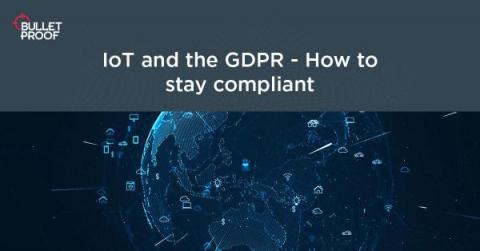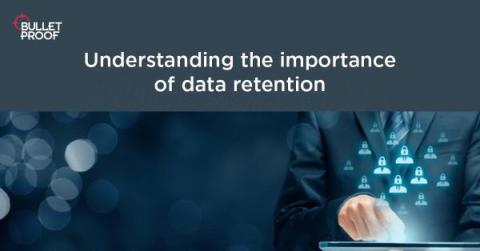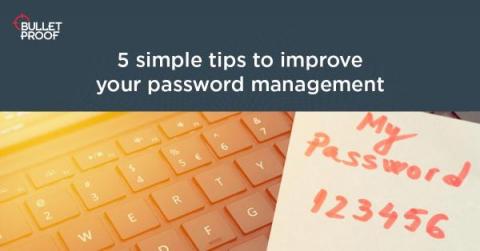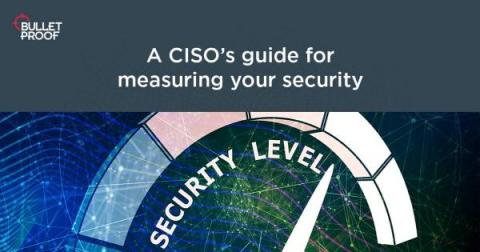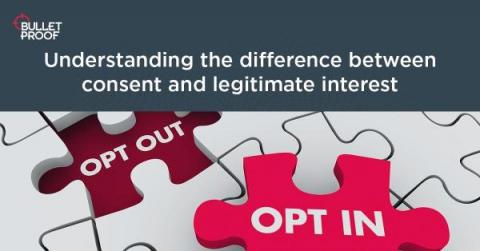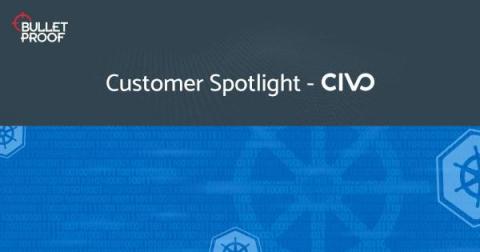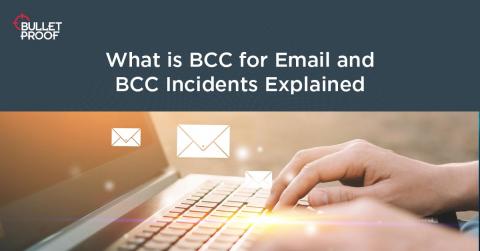Data: A New Direction - what is it & what is being proposed?
In 2018, the implementation of the GDPR signalled a seismic shift in how businesses target, collect and store personal data. As individuals entrust businesses with their personal data more than ever before, the GDPR has ensured that the right to privacy for individuals is protected through its regulation. Not since the result of Brexit, and the GDPR ceasing to protect the rights and freedoms of UK Citizens (since 1st Jan 2021), has there been significant changes to the GDPR.


